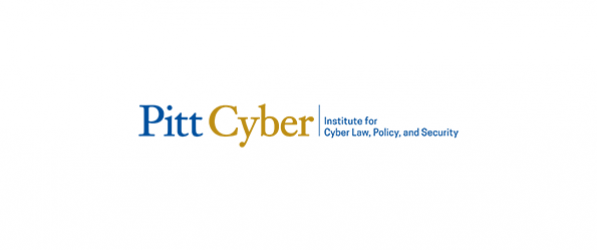This week, we're thinking about the geopolitics of emerging technology. In the eyes of many policymakers, AI and quantum are fundamental to American national security and economic competitiveness. This framing has driven the Biden's administration's outbound investment and tightening export restriction policies. A fear that China could overtake the U.S. in AI permeates much of the political debate and bolsters the arguments of those calling for light regulation. Understanding this dynamic is critical to facilitating comprehensive, thoughtful technology governance.
Microsoft Makes High-Stakes Play in Tech Cold War with Emirati A.I. Deal | The New York Times
The hands on involvement of the U.S. government in Microsoft's investment into UAE based G42 is highly unusual. This dynamic is largely the outgrowth of AI innovations being housed in the private sector (although some have urged a AI public option.) U.S. Commerce Secretary Gina Raimondo's comment that “when it comes to emerging technology, you cannot be both in China’s camp and our camp" foreshadows changing norms between the U.S. government and private sector in this space. Indeed, the FT explores how U.S.-UAE engagement on AI illustrates technology driven alliances.
How the U.S. is becoming more like China on tech on Apple Podcasts | POLITICO Tech
This episode of Politico Tech features Council on Foreign Relations President Mike Froman. Froman reflects on the expansion of protectionist policies on emerging tech under the Trump and Biden administrations reflecting that "we have become more like China" through tariffs, industrial policy and restrictions on outbound investment. This isn't necessarily a bad thing, he argues ("there's nothing wrong with a policy that says we are not going to enable our chief competitor … at our expense") -- but the key remains limiting these policies to industries directly related to military and intelligence capabilities.
Ian Bremmer: The next global superpower isn't who you think | TED Talk
Ian Bremmer is the founder and president of the Eurasia Group. His 2023 TED Talk identifies three overlapping layers of world order: security (unilateral), economic (multipolar) and digital. The latter is distinct in that it is run, not by governments, but by technology companies. He lays out a future defined by a 'techno-polar' order, calling into question the intentions of those driving this world order. Bremmer's interview by Adam Grant is also worth a listen, particularly his reflections on how emerging tech interplays with democracy ("I think the shift from communications technology that was decentralizing to data and surveillance technology, which is centralizing and top down in the hands of governments and tech companies, is proving a significant competitive advantage for technologically enabled authoritarian regimes and is proving a significant weakness for advanced democracies where the tech is in the hands of the private sector.")
This 2023 article by Ian Bremmer and Mustafa Suleyman (now CEO of Microsoft AI) digs into the ill-suitedness of existing international systems to meet the challenges of the AI. They argue that unlike previous rounds of technological disruption, AI will "initiate a seismic shift in the structure and balance of global power as it threatens the status of nation-states as the world's primary geopolitical actors." They urge several institutional arrangements to disrupt the zero-sum dynamic that risks steering AI's trajectory.
Is a TikTok Ban Smart Geopolitics or Political Panic? | Foreign Policy
Although it has generated an abundance of memes, repeated efforts by Congress to ban TikTok illustrate broader geopolitical forces at work. The digital era is defined by data – the TikTok debacle illustrates growing awareness of how it can be weaponized and used to manipulate.

